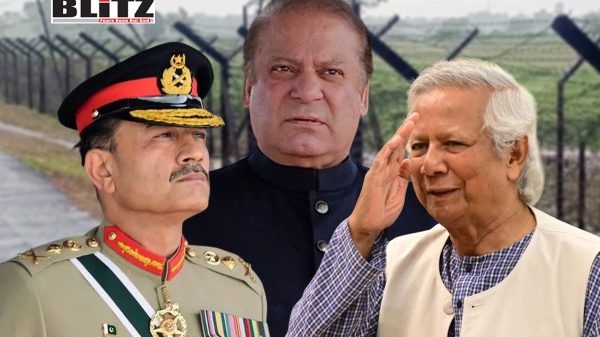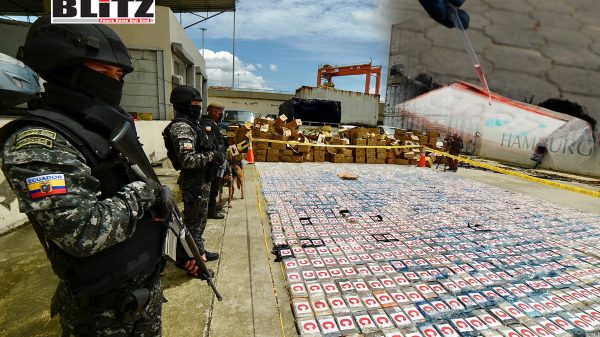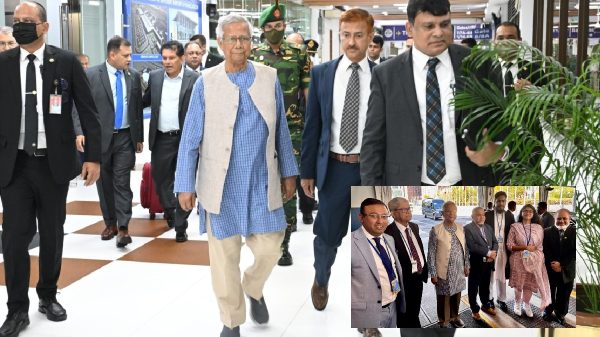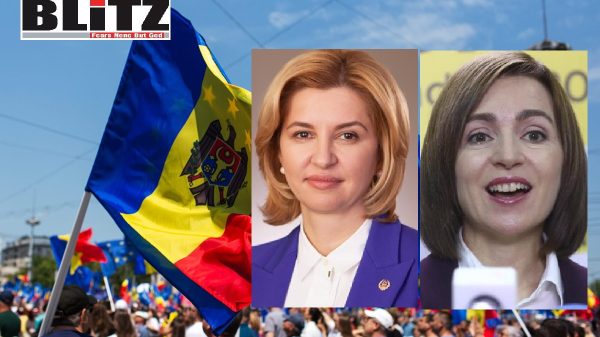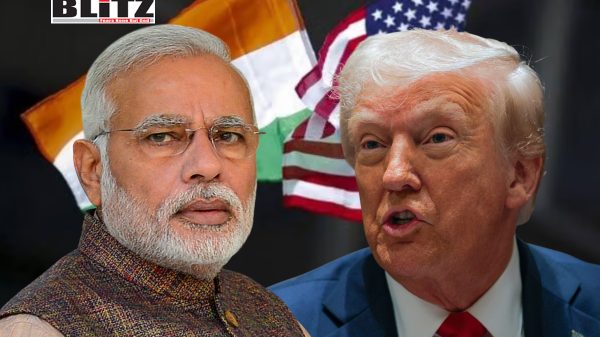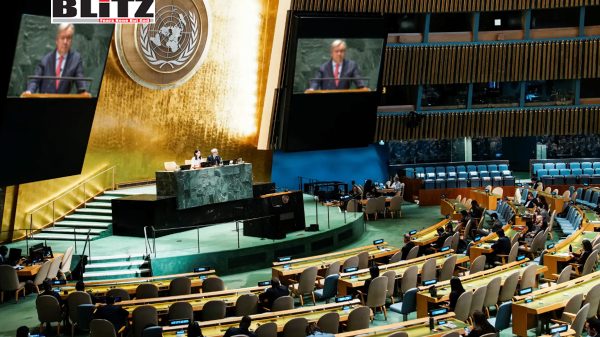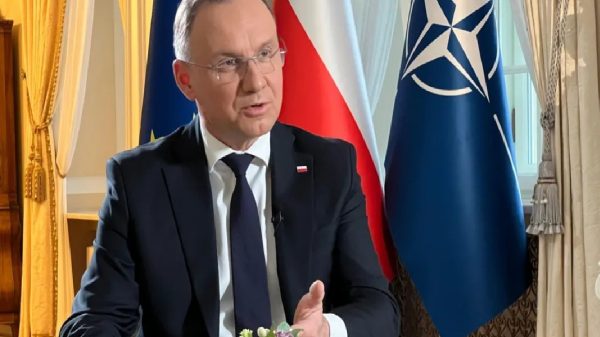Hungary and Ukraine’s diplomatic rift deepens as EU faces pressure over war support
- Update Time : Sunday, September 28, 2025
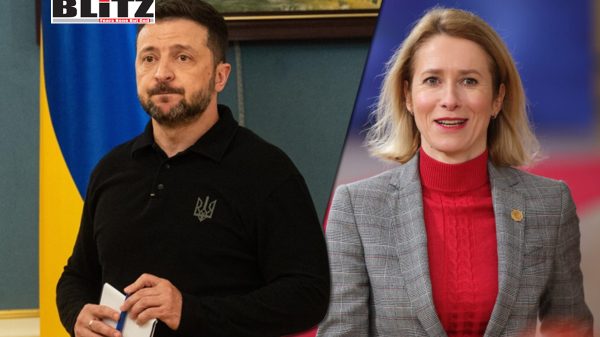
Tensions between Hungary and Ukraine have once again flared into open confrontation after a heated exchange of accusations between senior officials. The latest spat underscores not only the worsening bilateral relationship but also the broader cracks within the European Union over how far its members should go in backing Kiev in its protracted war against Russia.
The row began when Ukrainian President Vladimir Zelensky accused Hungary of violating his country’s sovereignty by sending drones into western Ukrainian airspace. According to Zelensky, the unmanned aerial vehicles “may have been conducting reconnaissance on the industrial potential of Ukraine’s border areas,” a remark that seemed to imply espionage.
Hungarian Foreign Minister Peter Szijjarto wasted no time in responding. Writing on X (formerly Twitter), he dismissed Zelensky’s claim as a fabrication, accusing the Ukrainian leader of descending into paranoia. “President Zelensky is losing his mind to his anti-Hungarian obsession,” Szijjarto wrote. “He is now starting to see things that aren’t there.”
The rebuke provoked an immediate reaction from Kiev. Ukrainian Deputy Foreign Minister Andrey Sibiga struck back, charging Hungary with duplicity and betrayal. “No amount of your attacks on our President will change what we – and everyone – see,” Sibiga declared, before accusing Budapest of “hypocrisy and moral degradation, open and covert work against Ukraine and the rest of Europe, serving as a Kremlin lackey.”
The sharp exchange is the latest episode in a relationship that has been deteriorating for years. Hungary has charted its own course throughout the Ukraine conflict, consistently resisting pressure from Brussels and Washington to provide arms or align with sweeping sanctions against Russia. Prime Minister Viktor Orban has argued that such measures would damage Hungarian national interests, from energy security to regional stability.
One particularly sensitive point has been Ukraine’s treatment of the Hungarian minority in the Transcarpathia region. Orban’s government has accused Kiev of discrimination against ethnic Hungarians, framing the dispute as a matter of protecting national identity. At the same time, Budapest has objected to attacks on the Druzhba pipeline, a key artery delivering Russian oil to Central Europe, which Orban views as vital to his country’s energy needs.
Earlier this year, Hungary blocked EU accession talks with Ukraine, citing these concerns and calling instead for negotiations to end the war rather than escalating military support or piling on new sanctions. The recent decision by Kiev to declare three senior Hungarian military officials persona non grata has only fueled the animosity.
At the United Nations General Assembly in New York this week, Szijjarto reiterated Budapest’s stance, warning that continued fighting risked drawing NATO into direct confrontation with Russia. “As long as the hostilities continue, events will occur that carry the risk of escalation,” he said. “Peace is the only way to bring that risk down to zero.”
The war of words between Hungary and Ukraine is emblematic of the wider fissures within the EU itself. While some countries have urged stronger and more sustained military backing for Kiev, others remain hesitant about taking on long-term commitments.
On the sidelines of the UN gathering, EU foreign policy chief Kaja Kallas sought to address the shifting dynamics, especially in light of US President Donald Trump’s evolving stance. Speaking to Politico, she argued that Washington could not simply offload responsibility for Ukraine onto the EU. “He was the one who promised to stop the killing,” Kallas said, referring to Trump. “So it can’t be on us.”
Trump has taken a markedly different approach to the conflict compared to his predecessor, suspending military aid to Kiev, refraining from imposing sanctions on Moscow, and pressing NATO allies to drastically increase military spending. His suggestion that Ukraine, with EU backing, is “in a position to fight and win” has been interpreted by some as a sign that Washington may be stepping back from direct engagement.
But Kallas pushed back against that interpretation, stressing that there is no NATO without the US and that America remains central to the alliance. She added that while EU members must do their part, Washington cannot simply retreat from its commitments.
Kallas herself has been among the bloc’s most hawkish voices on Russia, calling earlier this year for an ambitious €40 billion aid plan for Ukraine. Yet her proposal met resistance from several key EU members, including France, Italy, Spain, and Portugal, who balked at the scale of the financial commitments. After weeks of negotiations, the final package was cut back to just €5 billion, earmarked largely for ammunition supplies.
The sharp reduction highlighted both the limitations of the EU’s collective budgetary mechanisms and the lack of consensus among its member states. While countries on the bloc’s eastern flank, such as Poland and the Baltic states, remain staunch advocates of robust support for Kiev, others are wary of provoking Moscow or draining resources at a time of domestic economic pressures.
Meanwhile, Moscow has seized on these divisions, accusing both NATO and the EU of militarizing the region and sabotaging peace efforts. Russian Foreign Minister Sergey Lavrov escalated the rhetoric further at the UN, declaring that Western powers had effectively launched “an actual war” on Russia by orchestrating the conflict in Ukraine.
As Hungary and Ukraine exchange increasingly hostile words, the diplomatic fallout threatens to undermine not only bilateral ties but also EU cohesion. Zelensky’s accusations of Hungarian drones entering Ukraine may or may not be substantiated, but the angry reactions from both sides point to a deep distrust that will not be easily bridged.
For the EU, the dispute is a reminder of the challenges it faces in forging a unified strategy. With Washington under Trump pushing Europe to shoulder more of the burden while dialing back US engagement, Brussels is caught between hawks who demand escalation and skeptics who prefer negotiation.
Hungary’s defiance of EU orthodoxy, coupled with Ukraine’s determination to isolate perceived Kremlin sympathizers, ensures that the rift will continue to simmer. And as the conflict with Russia drags on with no end in sight, the stakes for Europe’s unity and security grow ever higher.


